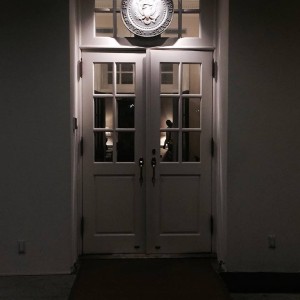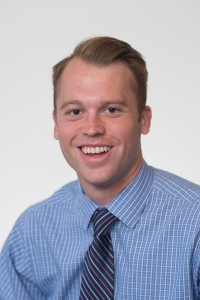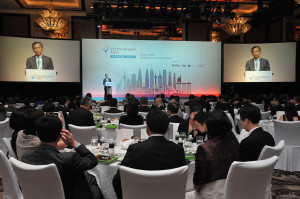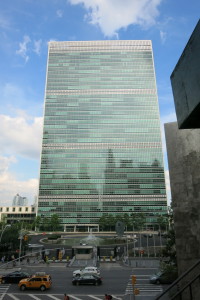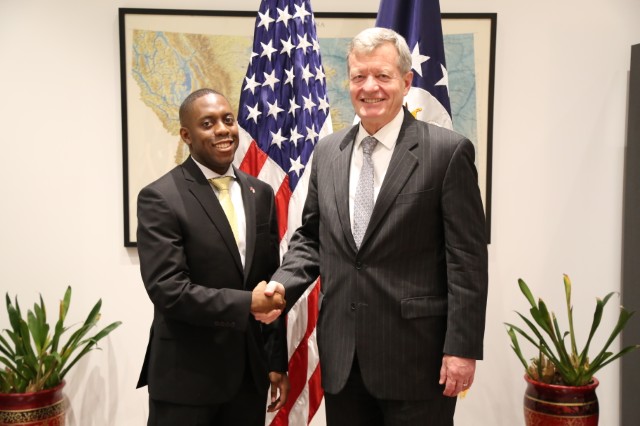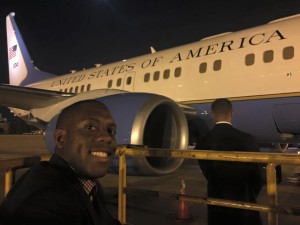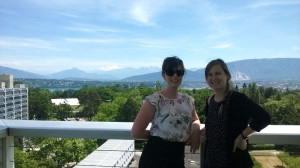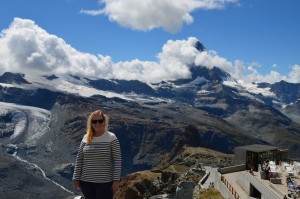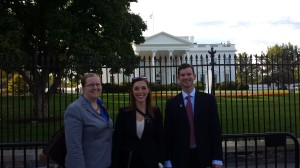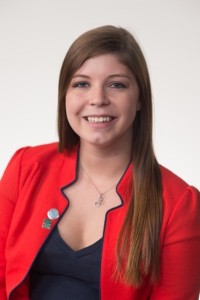
Kyra Murphy is a joint MPA/MAIR student who after interning in Washington, DC is now Head Intern at the National Security Studies Program at the Maxwell School under Col. Smullen.
My first experience living and working in Washington, DC could not have been more rewarding. This past May I relocated to the DC area for the opportunity to work as a graduate policy fellow with the National Security Network (NSN). The professional experience, lifestyle, and general atmosphere of Washington in the summer collectively cultivated a time that I will never soon forget.
As a graduate policy fellow for NSN I worked very closely with my supervisor, the head policy analyst within the organization. Due to the similarities in our national security focus, I spent the majority of my time researching and preparing internal policy memos regarding the Turkish-Syrian-Iraqi border and currently volatile regions. Delving into U.S. foreign and defense policy on Islamic State (IS) and the geopolitical relationships in the Middle East allowed me both the time and the resources to investigate some of my interests more fully outside of the classroom settings back in Syracuse.
One of the most integral parts of my experience with NSN was the exposure to the high level practitioners within the national security industry in Washington, DC. Due to the connections and relationships that both my supervisor and others in the organization had throughout Capitol Hill, I was provided many unique opportunities that most graduate summer interns do not get to benefit from. One of the assistants to the Deputy National Security Advisor of the United States gave me and my three fellow interns a private tour of the West Wing of the White House late one Thursday evening. Additionally, due to the Executive Director of NSN’s personal professional experience in the State Department I received a special tour of the Diplomatic Reception Rooms located on the upper levels of the Harry S. Truman building located in Foggy Bottom, as well as the executive level halls in which Secretary of State John Kerry’s Office resides.
The exposure that NSN and the DC area provided me this summer in professional experience, networking opportunities, policy analysis, and professional writing skills have been invaluable to my graduate experience at the Maxwell School. An internship or fellowship opportunity in Washington, DC is not something that any Maxwell graduate student should ever pass up!
